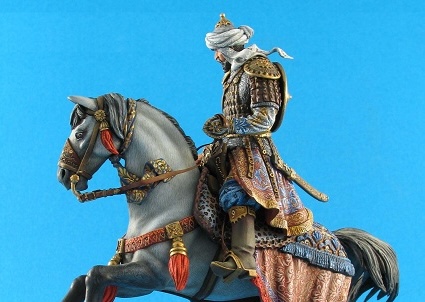
WHOSE HERO IS SALAHUDDIN AYYUBI?
While in Jordan, I listened to a popular anthem among young Palestinians titled “Yajib Salahuddin” (Salahuddin is needed), where the intended reference was, of course, Salahuddin Ayyubi. I was surprised to see that even Christian Arabs awaited a "Saladin" to liberate Jerusalem from the "detested" Jews. Salahuddin Ayyubi is not only renowned in the Islamic world but is also recognized and esteemed by Europeans. His life has even become the subject of films, largely because of the generosity he showed to his defeated foes—a trait unfamiliar to most Europeans.
Kurd or Turk?
Salahuddin Ayyubi’s real name was Yusuf. It is customary to give notable figures honorary titles that highlight their services to religion and state, either accomplished or anticipated. His birthplace, Tikrit in northern Iraq, is now called Saladin. Saddam Hussein was also from there and, misguidedly, declared himself the "Second Saladin."
Salahuddin Ayyubi was neither ethnically Kurdish nor Turkish. According to historian Ibn Khaldun, his great-grandfather Marwan was an Arab from the Himyar tribe. He was the chief of the Ravadieh tribe in the city of Dvin in Azerbaijan. Later, the Seljuk atabegs appointed him as governor of the Tikrit fortress in northern Iraq. The Ravadis eventually migrated to the Caucasus. Originally an Arab tribe from Yemen, they later settled in Basra and gradually assimilated with the Kurdish Hizbane community. Ibn Khallikan, Ibn Athir, and Sharafkhan also affirm this. Salahuddin’s mother was Turkish; hence, it is no coincidence that his brothers bore distinctly Turkish names like Turanshah, Tughtigin, Tokush, and Buri. His brother-in-law was Muzaffar al-Din Gokbori, the Emir of Erbil, famed for organizing splendid Mawlid celebrations (commemorating the birthday of the Prophet Muhammad).
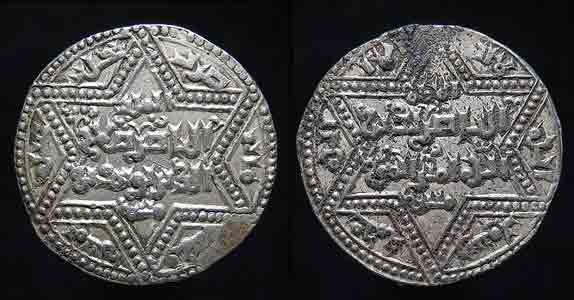
Although Salahuddin descended from an Arab family that had assimilated into Kurdish culture, he spoke Turkish due to his surroundings. He served the Seljuk Atabegs, and when biographies mention him, they often refer to him as a "Seljuk statesman." In empires, officials and even rulers were seldom of a single ethnic origin. Today, Salahuddin Ayyubi is fervently admired by Kurdish nationalists; however, for historical reasons, he is regarded as Turkish. The Ayyubid state he established in Egypt and Syria, meanwhile, bore a distinctly Arab character. This eminent figure is a source of pride for all Muslims, remembered with a distinguished reputation in world history. If Salahuddin Ayyubi had been asked about his identity, he would likely have responded, “Alhamdulillah, I am a Muslim.”
The Second Conqueror of Egypt
Salahuddin Ayyubi was well-educated by his pious father, who was devoted to knowledge and religion. He was a Hafiz (one who has memorized the Qur'an) and an Islamic jurist. He first served as governor of Tikrit for the Seljuks. His bravery in battles was reported to the Syrian Atabeg Nur al-Din Zangi, who then took him under his wing.
The Seljuk Empire gradually weakened, and governors began ruling as semi-autonomous states. Nur ad-Din Zengi was the ruler of Iraq and Syria. For a century, North Africa was under the control of the Shiite Fatimids. Not recognizing the Abbasid Caliphate in Baghdad, the Fatimids disrupted both the religious unity of Muslims and, by allying with the Crusaders, their political unity as well.
The Crusaders took advantage of this disunity in the Muslim world, capturing the Mediterranean coastline from Antioch to Gaza and establishing small states there, even seizing Jerusalem. The Seljuks of Anatolia were in no condition to assist Syria, allowing the Crusaders to dominate the area. Amidst this, an awakening began within the Turkic-Islamic world. The caliph sought refuge with Imad ad-Din Zengi, the Atabeg of Mosul, who then advanced into Syria and stopped the Crusaders.
His son, Nur ad-Din Mahmud, was one of the most outstanding figures in the Turkic-Islamic world. He strengthened his authority in Aleppo and was determined to reclaim Jerusalem. He understood that this could not be achieved without securing Egypt. Nur ad-Din Zengi, who sought to end this dire situation, found an opportunity when the Fatimids, on the brink of collapse, sought his help. He appointed Salahuddin, whom he admired, as an official in Egypt with his uncle.
Salahuddin Ayyubi became the Fatimid vizier and conquered the fortress from within. He overthrew this dynasty, which had played a notorious role in Islamic history, and re-established Sunni belief in Egypt. In 1171, he had the khutbah (sermon) read in the name of the Abbasid Caliph, thus declaring himself sultan. After the death of Nur al-Din Zangi, Salahuddin Ayyubi expanded his rule to Syria, Iraq, and Southeastern Anatolia, uniting Muslims against the Crusaders.
The Ayyubids are one of the short-lived yet brilliant states in history, and thanks to Salahuddin Ayyubi, later Mamluk Sultan Baybars was able to defeat both the Crusaders and the Mongols, achieving even greater feats than Salahuddin Ayyubi himself.
Salahuddin Ayyubi became the vizier of the Fatimids and seized the control from within. By the time the Fatimids understood his true intentions, it was too late. Salahuddin overthrew this dynasty and reestablished Sunni doctrine in Egypt. He had the khutbah (sermon) read in the name of the Abbasid Caliph who then declared him sultan.
Egypt became a semi-autonomous province under the Zengids of Aleppo. Salahuddin likely began to develop ambitions for independence, which troubled Nur ad-Din. He intended to march on Salahuddin, but his life came to an end before he could.
His young son, Malik al-Salih Ismail, succeeded him, and Salahuddin pledged allegiance to him faithfully. However, those around Malik al-Salih warned him, saying, "He opposed your father; do not trust him." As a result, Malik al-Salih marched against Saladin but was defeated. Salahuddin showed magnanimity, leaving Aleppo to him and making peace. The remaining Syrian territories fell into Saladin's hands, and Malik al-Salih died at 19.
Salahuddin united the Muslims against the Crusaders. The Ayyubid dynasty, though short-lived, is among history’s most illustrious states.
For this reason, some accuse Salahuddin of disloyalty toward his benefactor, while others claim Nur ad-Din was envious of his protégé’s success—neither of which is true. Salahuddin even named his eldest son after his benefactor.
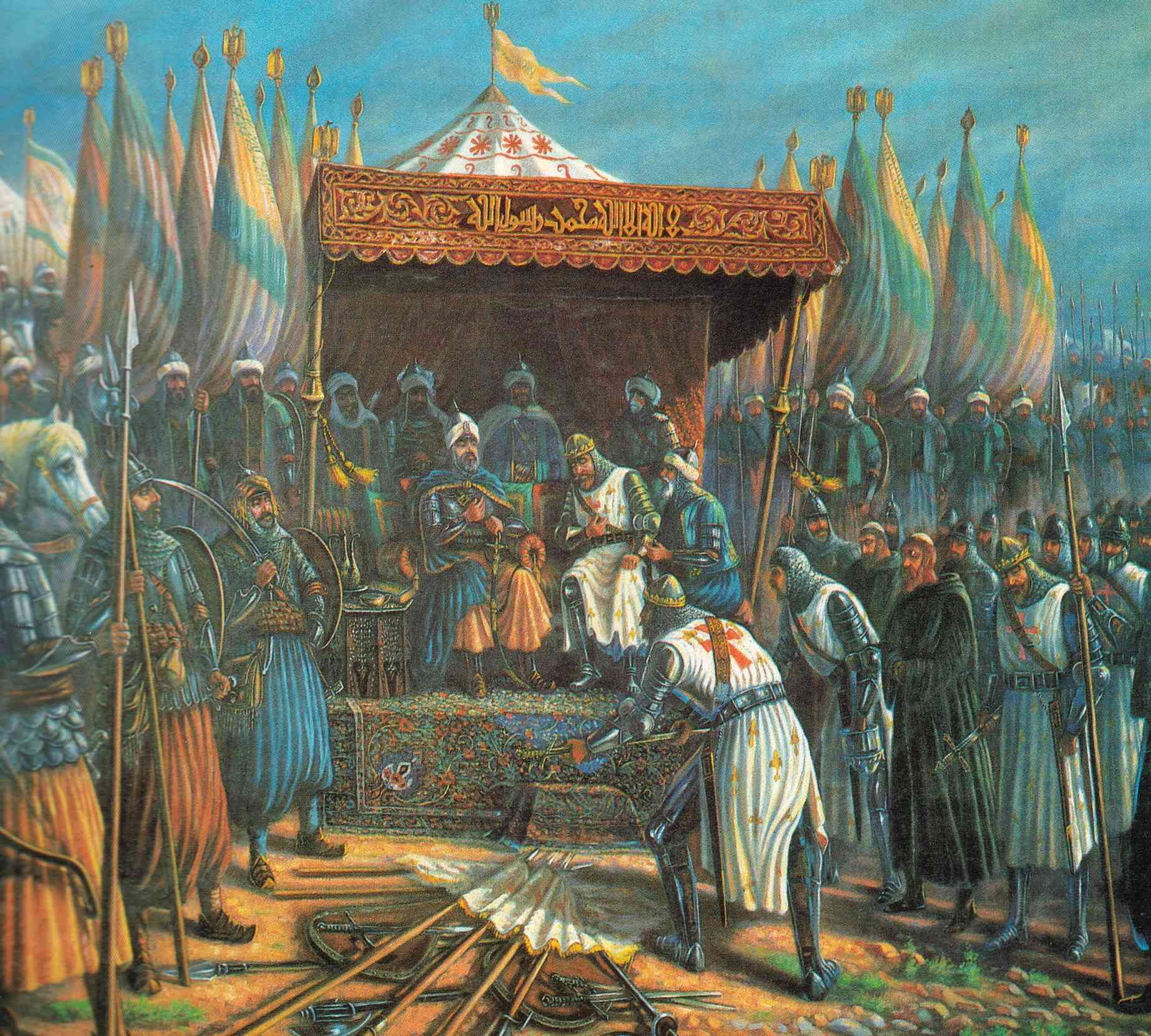
The Pope Died of Grief
The Crusaders ruling Palestine and Lebanon broke their agreements and resolved to desecrate the Prophet Muhammad’s grave and steal his remains. Salahuddin Ayyubi rapidly advanced upon them and defeated them all at the Battle of Hattin. Acre, Beirut, Sidon, and finally, Jerusalem were taken over by the Muslims again.
The fall of Jerusalem, which had been under Crusader control for 88 years, stunned the Europeans. The Pope died of grief. German Emperor Frederick Barbarossa, French King Philip, and English King Richard the Lionheart gathered every able-bodied man to reclaim Jerusalem. In 1189, they besieged Acre. Salahuddin Ayyubi defended the fortress for two years, frequently launching sorties that inflicted significant losses on the enemy.
Although Acre eventually fell after this legendary resistance, the Crusaders suffered 50,000 casualties. In retaliation, they massacred the city’s population, whereas when Salahuddin Ayyubi had taken Jerusalem, he allowed the populace to leave freely over 40 days. Consequently, the Third Crusade failed. When the Crusaders saw the handful of warriors emerging from the fortress, they were astonished. They couldn’t help but wonder, “Were these the people who kept us at bay for two years?”

Since You Are Our Sultan…
Salahuddin Ayyubi withdrew to Damascus, and after restoring the Al-Aqsa Mosque, he fell ill. On his deathbed, he ordered that his shroud be tied to the end of a spear and handed to a town crier to march through the streets, proclaiming, “Behold, Sultan Salahuddin, though he has attained fame and honor, departs from this world with nothing but this shroud!” He passed away in 1193, leaving behind so little wealth that it wasn’t enough to fund his burial.
He was one of those rare personalities in history. His life was spent in service; he never saw comfort. He lived humbly, like an ordinary believer—moral, generous, compassionate, and just. His era is a radiant chapter in Islamic history.
He supported Islamic sciences; more than 600 Islamic jurists taught in the madrasas of Damascus. He treated his entourage as equals. Those who met him wouldn’t know they were in the presence of a sultan.
During the defense of Acre, a woman came to him with a complaint. He said, “Is this the right time?” But when she responded, “Since you have taken the throne as our sultan, you are obliged to solve our problems,” he addressed her grievance. Thus, Salahuddin truly lived up to his name, "The Righteousness of the Faith".
His tomb was commissioned by Sultan Selim I. In 1898, German Kaiser Wilhelm, during his visit to Damascus, sent a marble sarcophagus in honor of this great hero; Sultan Abdulhamid II ordered it to be placed beside the original one.
The German Emperor sent a marble sarcophagus for this great hero, and Sultan Abdulhamid II ordered it to be placed beside his original grave. When the French took Damascus in 1920, General Gouraud famously kicked Salahuddin’s tomb several times, declaring, “The Crusade has truly ended now! Wake up, Saladin! We have returned!”
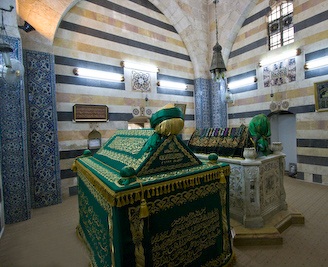

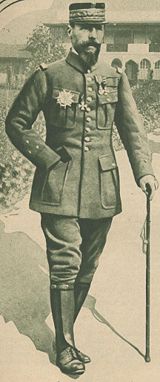
Önceki Yazılar
-
“FASTING WAS MADE OBLIGATORY ALSO UPON THOSE BEFORE YOU”25.02.2026
-
WHAT WAS THE LAW OF THE OTTOMAN EMPIRE?18.02.2026
-
WOMAN IN THE EASTERN WORLD11.02.2026
-
THE OTTOMAN DYNASTY OWES ITS LIFE TO A WOMAN4.02.2026
-
THE WATER OF IMMORTALITY IN THE “LAND OF DARKNESS”28.01.2026
-
THE WORLD LEARNED WHAT FORBEARANCE IS FROM SULTAN MEHMED II21.01.2026
-
THE RUSH FOR GOLD14.01.2026
-
TRACES OF ISLAM IN CONSTANTINOPOLIS7.01.2026
-
WHO CAN FORGIVE THE KILLER?31.12.2025
-
WHEN WAS PROPHET ISA (JESUS) BORN?24.12.2025